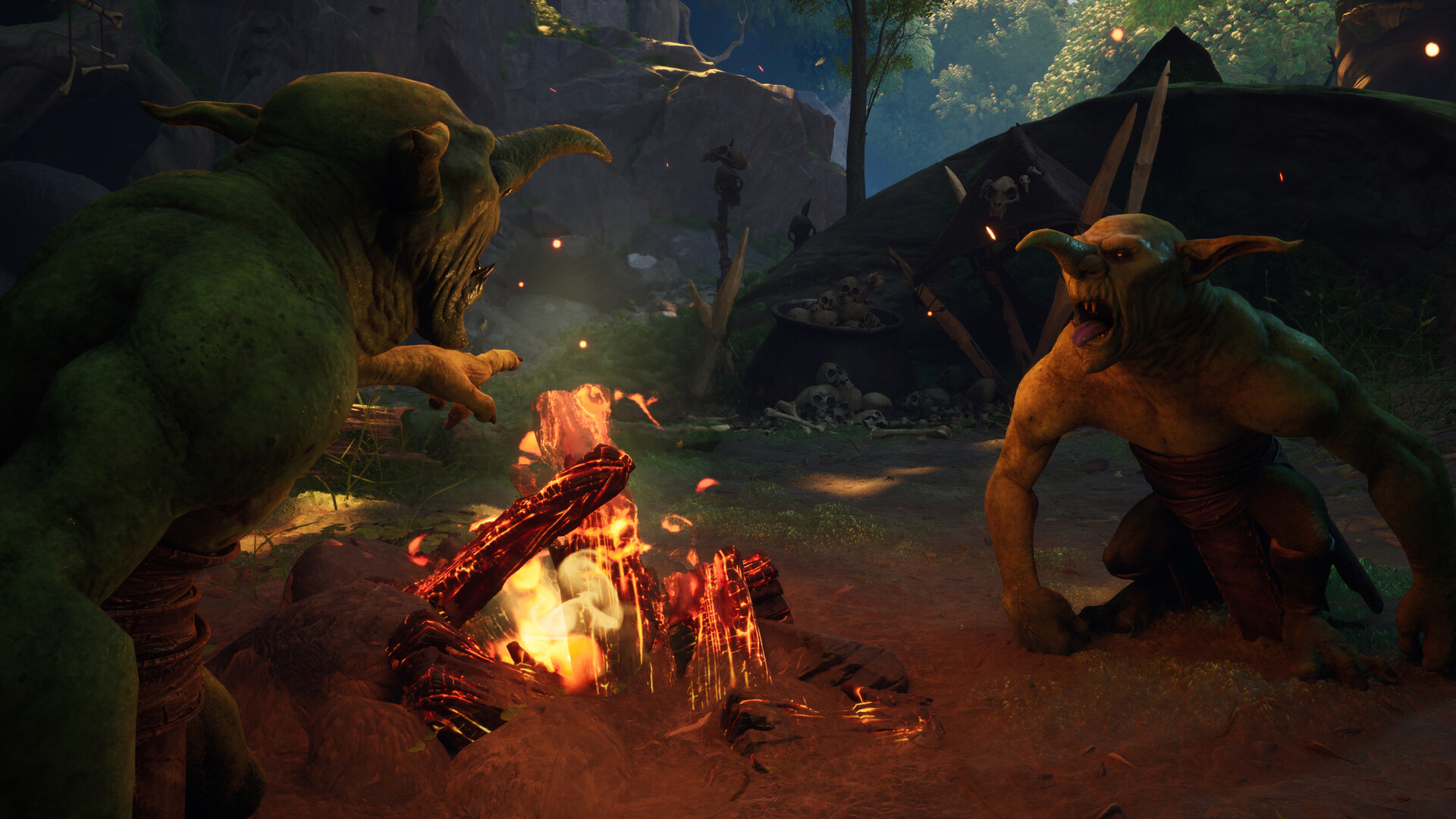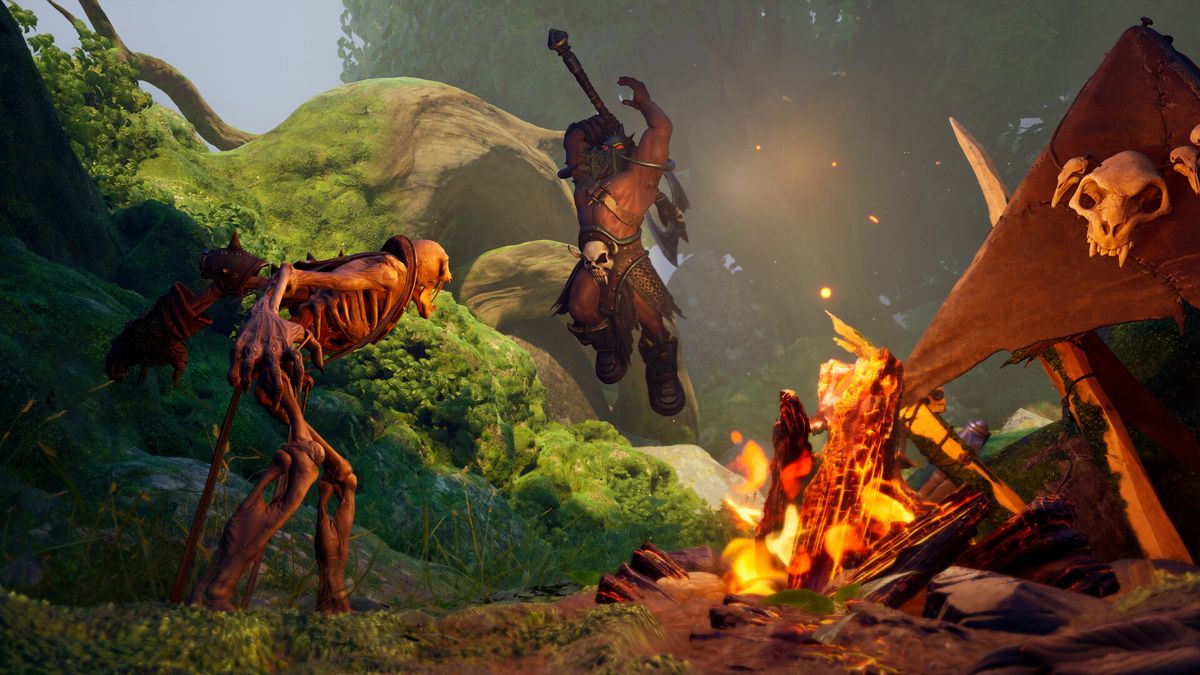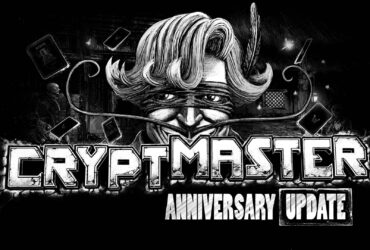Former World of Warcraft class and systems design lead Chris Kaleiki, who’s now heading up Notorious Studios and working on “mini MMO” Legacy: Steel & Sorcery, predicts a rise in AA games that sit somewhere in between indie and AAA.
GamesRadar+ had the chance to sit down with Kaleiki for a pretty wide-ranging conversation about Legacy, the tricky process of trying to fit it into any one genre box, and the middle category of games that are big enough in scope and budget to exceed what qualifies as indie but not quite big enough to be considered AAA either. In case there was any doubt, that’s exactly where Keleiki puts Legacy, and it’s a space where he expects to see significant growth in the future.
“If you think about games as a market, we always talk about indie and AAA,” he says. “Indie is incredibly saturated. There’s so many indie games. Most of the games that come out on Steam are essentially indies, right? AAA, there’s actually not that many games that come out. There’s certainly more, growing over time since I was a kid, but there’s not that many because they’re incredibly expensive. They’ve become more expensive to develop, more complicated, more complex, development times take a lot longer. So you’ve been seeing this real stretch between indie and AAA.”
In Kaleiki’s view, there’s an “underserved” market for games that are “more substantial than indie” but aren’t necessarily going to “make billions of dollars,” or at least not overnight. He also predicts a world where all three categories of games co-exist. There will always be demand for low-budget indies as well as big-budget AAA tentpole releases, he acknowledges, but he’s hoping Legacy sits comfortably between the two in a burgeoning new market space.

“I compare Elden Ring, Dark Souls, and some of FromSoft‘s games to the modern-day Colosseum,” he says. “It’s really thrilling as a game dev to work on the Colosseum. Holy crap, what a story that is. So that will keep continuing. I don’t think that’s going to go away, because players do appreciate those types of games. But it’s not sustainable building this many Colosseums.”
For that reason, Kaleiki reckons there will be “less of those games being made and more diversity in some of these larger game studios where they create some AA ones, some indies,” pointing to Princess Peach: Showtime and Riot’s now-defunct indie label as recent examples of this sort of thing happening already.
From a developer’s standpoint, Kaleiki says there can be a real preference for AA work compared to AAA, and there certainly is at his studio. That’s because, in his words, “it’s easier to get alignment. It’s less bureaucracy that you have to go through. You feel you can jump around and do multiple different things on the game, whereas in AAA you’re kind of a specialist.”
Kaleiki adds that “most AAA devs who have joined our team really do not want to go back to AAA because of some of those perks. But like I said, AAA is fun too because you get to work on a large product that a lot of people know about. You’re working on the Colosseum.”
Legacy: Steel & Sorcery is described as a PvPvE extraction-style RPG with MMO stylings and roots going all the way back to the legendary Ultima series. It hits Steam Early Access next week on February 12 for $24.99.
Here are some upcoming indie games to keep on your radar.











Leave a Reply